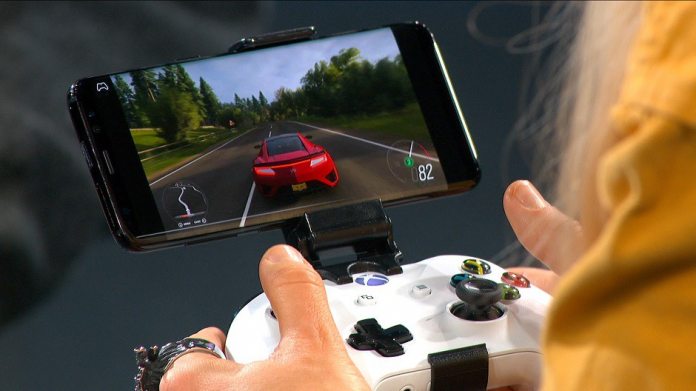Microsoft is reportedly developing prototypes for a handheld gaming device, marking a significant potential expansion of the Xbox ecosystem. Xbox insider Jez Corden has revealed that the company is working on a “fully native” handheld device, which would operate independently of cloud gaming services. This development comes as part of Microsoft's broader strategy to diversify the Xbox brand beyond traditional home consoles. While the existence of prototypes does not necessarily indicate an imminent product launch, it underscores Microsoft's interest in tapping into the growing market for portable gaming devices.
Market Context and Consumer Demand
The handheld gaming market has seen substantial growth, largely driven by the success of the Nintendo Switch, which has sold over 100 million units since its 2017 launch. Additionally, the popularity of Valve's Steam Deck and other portable PC gaming devices, such as the Aya Neo, highlights a strong consumer demand for gaming on the go. Microsoft's exploration of a handheld Xbox device aligns with these market trends and represents a strategic move to cater to the evolving preferences of gamers.
Future of Xbox Gaming
Phil Spencer, CEO of Xbox and Microsoft Gaming, has teased that Xbox's upcoming projects will be “unique and powerful,” suggesting that the company is aiming to innovate within the gaming sector. Furthermore, Xbox President Sarah Bond has hinted at new hardware announcements slated for this holiday season, along with an ambitious new console generation in the pipeline.
Although, The Verge on a handheld Xbox cloud gaming device, details regarding the development timeline or the decision to potentially discontinue the project remain unclear. It is worth noting Microsoft has been rumored to be developing a handheld Xbox for years. However, if Microsoft proceeds with a handheld Xbox, it is expected to run games natively, offering a seamless gaming experience without the constraints of cloud streaming. This development could significantly impact the portable gaming market and the broader PC gaming community's reception of Microsoft's hardware initiatives.






